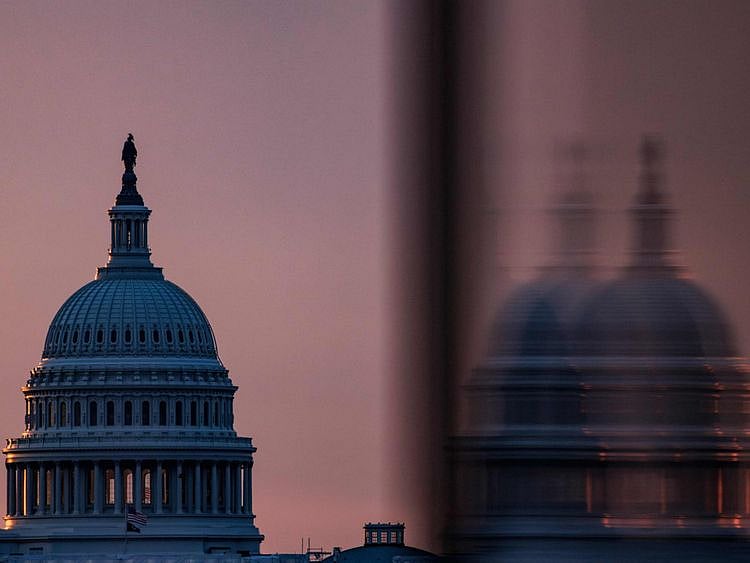US House Rules panel to meet Tuesday on debt ceiling bill
The deal will prevent the US government from defaulting on its debt

Washington: The US House Rules Committee said it will meet on Tuesday afternoon to discuss the debt ceiling bill, which needs to pass a narrowly divided Congress before June 5, when the US Treasury says it would run short of money to cover all its obligations.
Democratic President Joe Biden and Republican House of Representatives Speaker Kevin McCarthy on Sunday signed off on an agreement to temporarily suspend the debt ceiling and cap some federal spending in order to prevent a US debt default.
Biden said the deal was ready to move to Congress for a vote.
Also Read
Why a US debt deal may only provide short-term relief for marketsWhat's in US debt ceiling deal Biden, McCarthy agreed? Here's what we know so farUS President Biden, Republican leader McCarthy confident debt deal will pass Congress skeptics“The Committee on Rules will meet Tuesday, May 30, 2023 at 3:00 PM ET (7:00 PM GMT),” the panel said in a statement on Monday.
The deal, if approved, will prevent the US government from defaulting on its debt and comes after weeks of heated negotiations between Biden and House Republicans. It has drawn fire from both hardline Republicans and progressive Democrats, but Biden and McCarthy are banking on getting enough votes from both sides.
McCarthy on Sunday predicted he would have the support of a majority of his fellow Republicans, and House Democratic leader Hakeem Jeffries said he expected Democratic support.
The agreement would suspend the debt limit through Jan.
1 of 2025, cap spending in the 2024 and 2025 budgets, claw back unused COVID funds, speed up the permitting process for some energy projects, and include extra work requirements for food aid programs for poor Americans.
The 99-page bill would authorize more than $886 billion for security spending in fiscal year 2024 and over $703 billion in non-security spending for the same year, not including some adjustments. It would also authorize a 1 per cent increase for security spending in fiscal year 2025.
Sign up for the Daily Briefing
Get the latest news and updates straight to your inbox
Network Links
GN StoreDownload our app
© Al Nisr Publishing LLC 2026. All rights reserved.